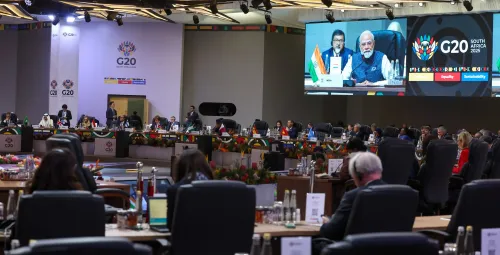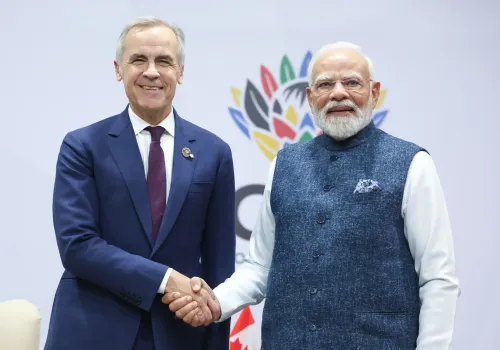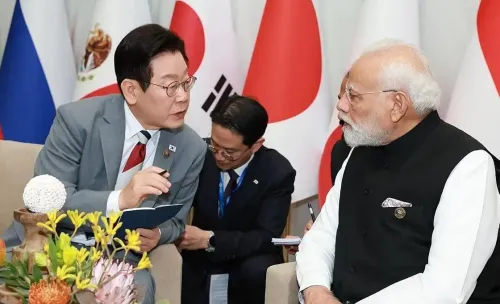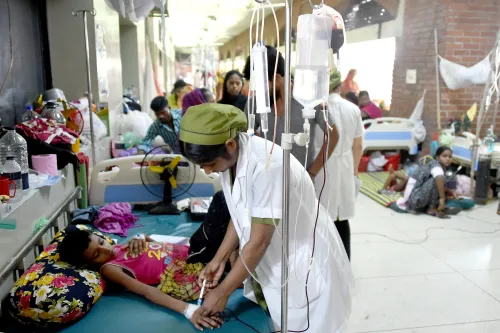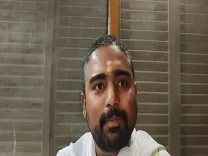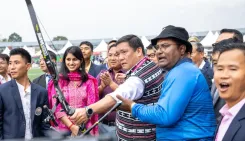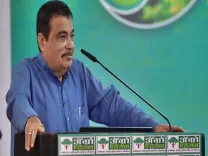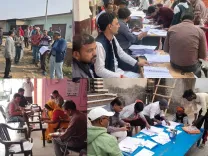Are Pakistani Authorities Harassing Baloch Protesters in Islamabad?
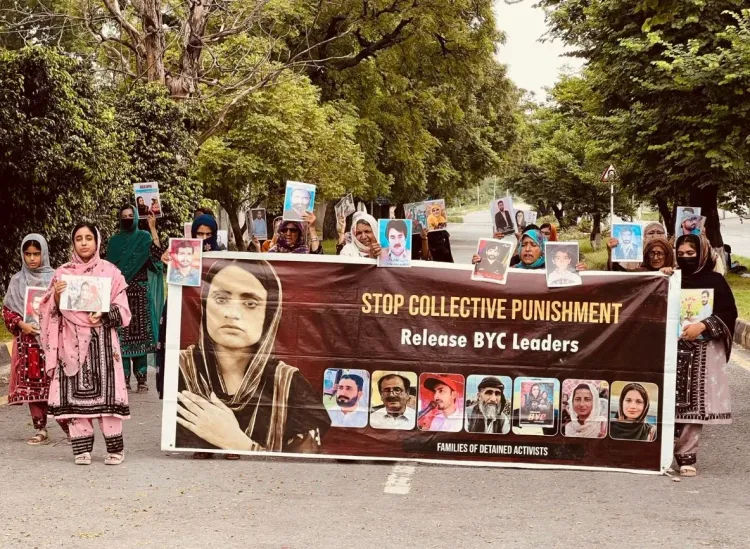
Synopsis
Key Takeaways
- Protesters include vulnerable groups, such as elderly women and children.
- Authorities accused of harassment instead of addressing legitimate demands.
- Human Rights Commission report highlights ongoing crisis.
- Enforced disappearances have become systemic in Balochistan.
- Call for independent investigations into human rights violations.
Islamabad, Aug 10 (NationPress) The protest by Baloch families in Islamabad, advocating for the release of Baloch Yakjehti Committee (BYC) leaders and an end to enforced disappearances in Balochistan, has reached its 26th day. Despite their ongoing struggle, the BYC claims that Pakistani authorities are focusing on roadblocks, surveillance, and harassment of protesters instead of addressing their genuine grievances.
The BYC reported that Baloch protesters, including elderly women and young children, are left exposed to the elements without any shelter as the authorities refuse to permit them to establish a camp. The protesters displayed banners reading "Stop Collective Punishment" and "Release BYC leaders," which featured images of BYC leaders, including Mahrang Baloch.
In a statement posted on X, BYC remarked: "Today marks the 26th consecutive day of the Baloch families’ sit-in in Islamabad, held to demand the release of Baloch Yakjehti Committee (BYC) leaders and an end to enforced disappearances in Balochistan. Amidst the heat, these families, including elderly women and children, remain on the roadside without shelter, as authorities continue to deny them the right to set up a camp."
The statement further noted, "The road leading to the Islamabad Press Club remains blocked, preventing them from accessing a venue traditionally used for victims to voice their concerns. Instead of addressing their legitimate demands, Pakistani authorities maintain road blockades, conduct surveillance, and harass participants."
On August 8, the Human Rights Commission of Pakistan (HRCP) raised alarms over the escalating human rights crisis and the deteriorating state of fundamental rights and civic freedoms in Balochistan. A fact-finding report titled 'Balochistan's Crisis of Trust' highlighted a troubling pattern of ongoing enforced disappearances, a shrinking civic space, erosion of provincial autonomy, and unchecked impunity—conditions that perpetuate public alienation and political instability in the province.
"Enforced disappearances emerged as the most critical and widespread human rights issue during our mission. Testimonies from political leaders, civil society members, and law enforcement officials collectively indicate the scale and evolving nature of this practice. Accounts suggest that this phenomenon has become systematic, thereby undermining the rule of law and severely diminishing public trust in state institutions," the HRCP report stated.
The rights organization also called for independent inquiries into alleged reprisals against individuals who speak out against enforced disappearances. It noted that "while militant attacks against ordinary citizens, including non-Baloch settlers, are unacceptable and must be addressed, the passage of the Anti-Terrorism (Balochistan Amendment) Act 2025 raises significant concerns." The law permits 90-day detentions without substantial judicial oversight, raising fears of potential torture and abuse.
The mission urged the Pakistani government to revoke the Act and ensure that all counterterrorism measures adhere to the country’s human rights obligations. According to the report, electoral manipulation and the political marginalization of nationalist parties have severely damaged public confidence in democratic processes in Balochistan.

